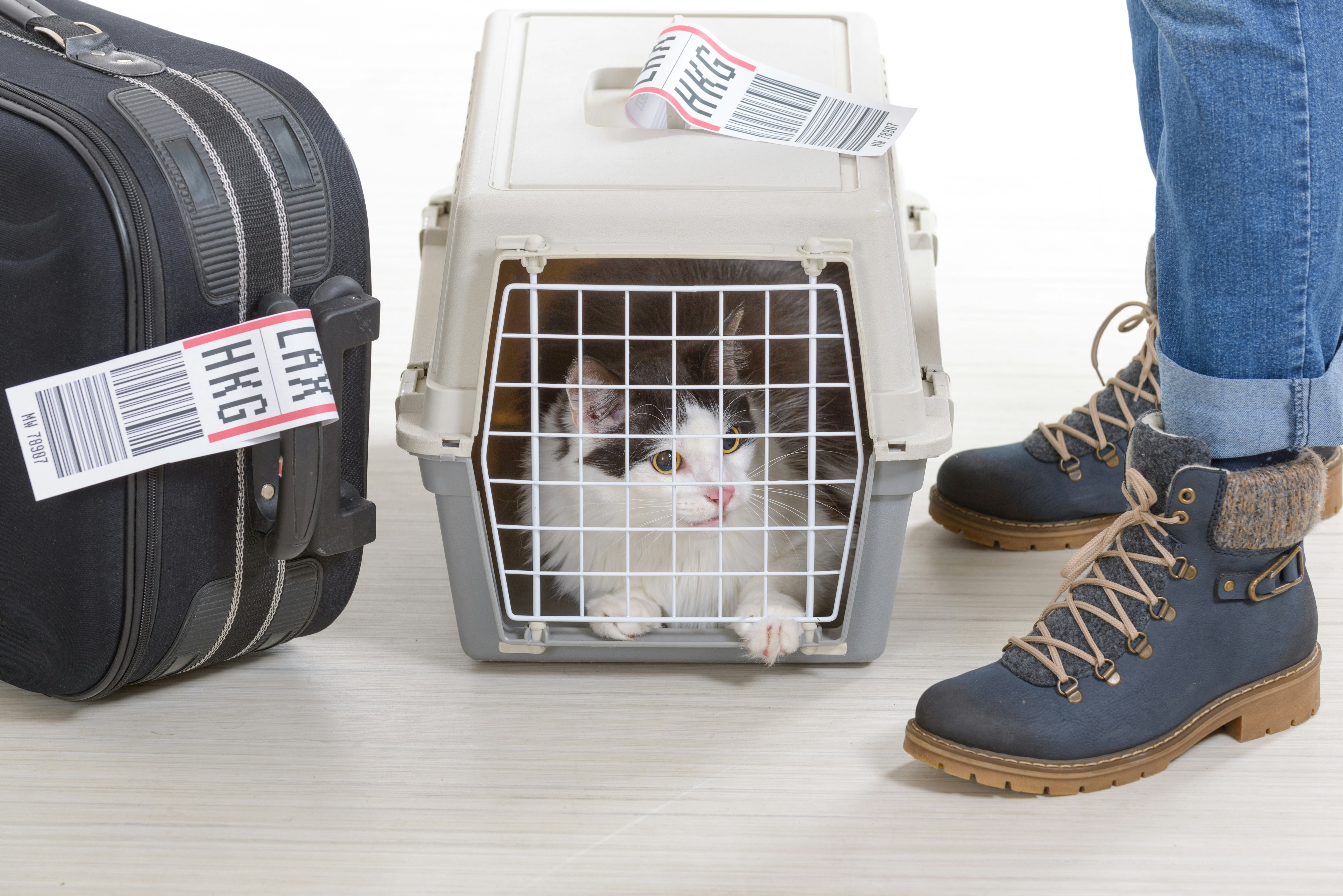Brexit is bringing major changes for British travelers heading to Europe in 2021

Dec 15, 2020 • 5 min read

Major changes on the way for British travelers in European hot spots, like Paris © ventdusud / Shutterstock
More than four years after the United Kingdom voted to leave the European Union, the final details of the agreement are still being ironed out. Previously, British travelers hardly had to think twice about crossing into the Continent, but Brexit and now the pandemic have created much uncertainty around travel.
When the UK leaves the EU it will be subject to travel restrictions outside the bloc due to rules aimed at combatting COVID-19. This has led to widespread media reports that the EU will "ban travel" from the UK to the EU from January 1. According to the Association of British Travel Agents (ABTA) "this overstates things somewhat, as EU-wide guidance on travel and coronavirus is just that — a recommendation." Mark Tanzer, Chief Executive of ABTA said: "individual EU countries are still able to implement their own measures, considering options such as travel corridors and testing, and it will still be some weeks before we know the full position."

If the UK bows out of the EU by December 31 without a deal, the European Commission has revealed contingency measures which would allow a reciprocal UK-EU air travel to continue for six months. So it seems, for now, that a blanket travel ban is unlikely. But with the pandemic still raging through Europe and the UK, travel restrictions will be kept under review. A UK government spokesperson told the Press Association "we take a scientific, risk-based approach to health measures at the border, and it is of course in the interests of all countries to allow safe international travel as we emerge from the pandemic."
There are some guidelines already in place that will give British travelers an idea on what they can expect when visiting Europe after Brexit if the infection rate drops significantly and non-essential travel bans are lifted. The new rules apply to British visitors to the EU as well as Switzerland, Norway, Iceland and Liechtenstein, but not all requirements are necessary for travel to Ireland. The UK government has said that there could be additional changes announced between now and January, but here are the main points of its guidance as it currently stands. British visitors who do not meet these requirements could be refused entry.
Passports must be valid for at least six months
From January, British travelers must have at least six months of validity left on their passports when visiting Europe. Passports with less than six months must be renewed before travel. This requirement is waived for Ireland, where passports instead must be valid for the duration of your visit.

Passports must have been issued within the last 10 years
British passports issued more than a decade ago must be renewed before traveling to Europe, even if they have more than six months before they expire. Because of delays caused by the coronavirus pandemic and a looming Brexit deadline, passport renewals are taking longer than usual.
Get travel insurance that covers healthcare
Previously, Brits could obtain free European Health Insurance Cards (EHIC) online, which gave them the right to state healthcare free of charge or at a reduced cost in Europe. These cards will expire at the end of 2020, regardless of the expiration date printed on the card. EHIC covered visitors with pre-existing conditions, but third-party travel insurers often do not.

Pets can travel within the EU's borders but owners must apply for an Animal Health Card
The existing pet passport scheme allowed relatively seamless travel, but starting in 2021 a pet traveling to the EU will need an Animal Health Card (AHC) instead. The AHC will be issued by an accredited vet and is valid for 10 days after the date of issue for entry into the EU. It will cover a pet for a single trip entry to the EU, onward travel within the EU for four months, and re-entry to the UK for four months after the date of issue. To apply for an AHC, pet owners must have proof of their pet’s microchipping date, pet’s vaccination history and a successful rabies antibody blood test result.
Business travelers will need visas, but tourists might also need to show more paperwork
British visitors to Europe are permitted to stay as tourists for 90 days in a six-month period, but travelers for business, permanent work or study will need visas, the requirements of which are set by each country. Even temporary tourists could be subject to more red tape, as visitors could be asked to show a return ticket and proof of funds to cover the length of your stay. Travelers with UK passports will no longer be able to use the EU passport gates or customs lanes.
Still TBD: driving, mobile phone roaming and more
As 2021 inches closer, a number of travel-specific details have not been fully resolved. Currently, there’s no charge for mobile phone roaming between the UK and Europe. Network operators such as Vodafone, O2 and Three have indicated that they will continue to offer the service but without confirming terms and conditions. The government says it will cap roaming charges at £45, but you can still be charged beyond that. Drivers might need an international driving permit for some countries (this can be obtained through the Post Office for £5.50), and if you’re driving your own car, you could need a ‘green card’ that acts as proof of insurance.
This article was first published on July 28 and updated on December 15, 2020.
You might also like:
What does the COVID-19 vaccine news mean for your 2021 travel?
England to reduce quarantine time in a bid to boost Christmas travel
Lonely Planet reveals the people and places that will transform travel in 2021




